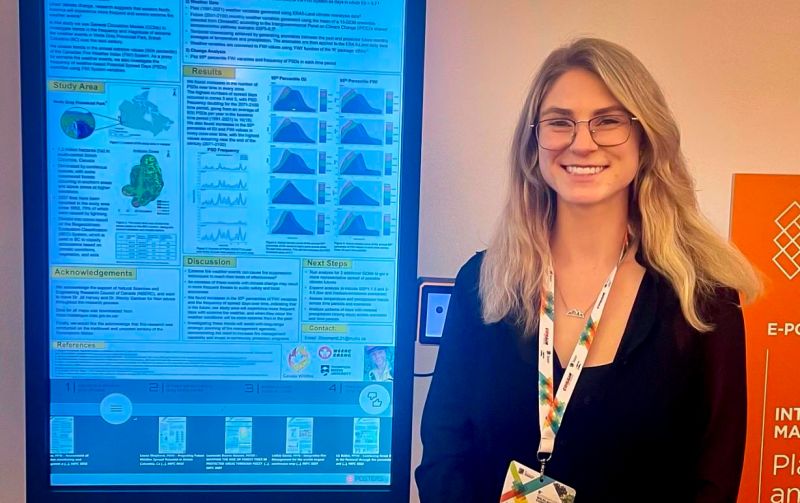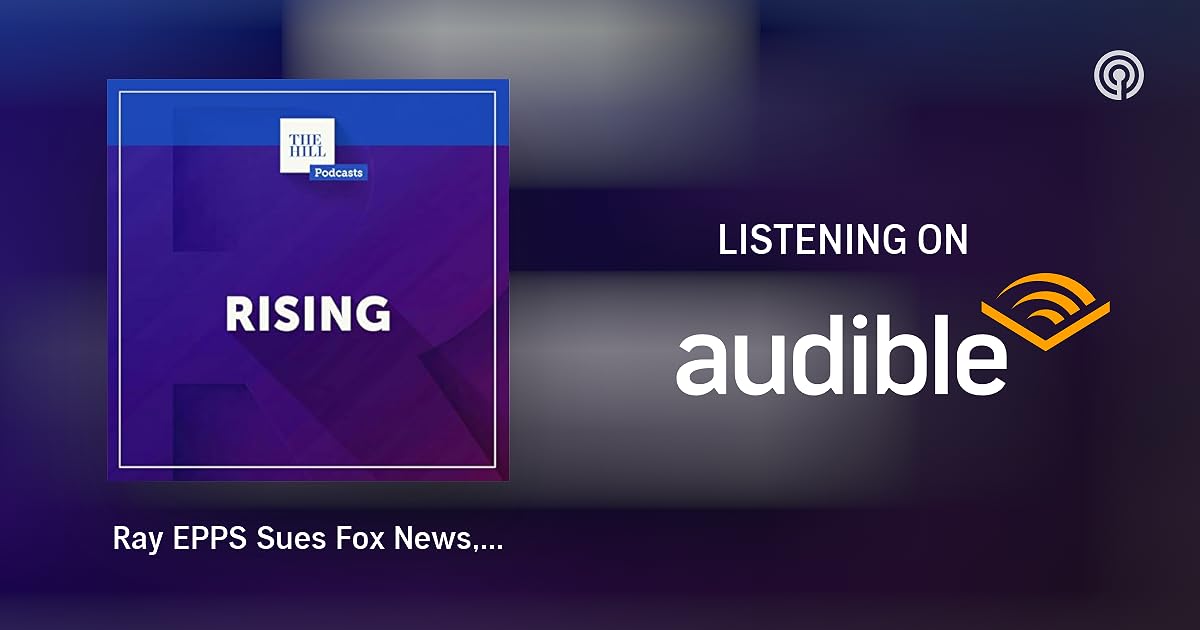Gambling On LA Wildfires: Exploring The Ethics And Implications

Table of Contents
The Ethics of Profiting from Disaster
The ethical implications of profiting from the devastation caused by LA wildfires are profound and multifaceted. This "gambling" aspect raises serious moral questions about individual and societal responsibility.
Moral Hazard and Insurance
The availability of insurance coverage can create a moral hazard, incentivizing increased risk-taking. In the context of LA wildfires, this means individuals and businesses might be less inclined to invest in preventative measures or relocate from high-risk areas, knowing that insurance will cover potential losses. This effectively turns insurance payouts into a form of "gambling" on wildfire risk.
- Increased development in high-risk areas: The perceived safety net of insurance encourages construction in areas prone to wildfires, increasing the potential for catastrophic losses and higher insurance payouts.
- Inadequate building codes contributing to higher payouts: Lax building codes and a lack of fire-resistant construction practices lead to greater damage and higher insurance claims, further exacerbating the "gambling" aspect.
- The burden on taxpayers: The cost of wildfire-related insurance claims is often indirectly borne by taxpayers through government subsidies and disaster relief funds, creating an unfair burden on those who may not live in high-risk areas.
Speculative Investments and Wildfire Risk
Financial markets also participate in this complex equation. Investment strategies that profit from wildfire devastation raise significant ethical concerns. Hedge funds and other investors may bet on increased insurance claims or invest in wildfire-related technologies, potentially profiting from the suffering of others.
- Hedge funds betting on increased insurance claims: Some investors profit from the increased payouts associated with larger and more frequent wildfires, essentially "gambling" on disaster.
- Investment in wildfire-related technologies: While investment in firefighting technology and disaster response is positive, some investments may prioritize profit over genuine mitigation efforts.
- Potential for market manipulation: The potential for manipulating markets based on wildfire predictions or exacerbating the risk through negligent practices presents a significant ethical challenge.
The Financial Implications of Wildfire Risk
The financial burden of LA wildfires extends far beyond individual losses, impacting businesses, the government, and the overall economy.
The Economic Burden of Wildfires
Wildfires impose immense economic costs. The destruction of property, the disruption of businesses, and the cost of firefighting and recovery efforts create a significant drain on resources.
- Cost of firefighting: The expense of deploying firefighters, equipment, and resources during and after a wildfire is enormous.
- Rebuilding infrastructure: Rebuilding homes, businesses, and public infrastructure after a wildfire is an expensive and time-consuming process.
- Economic losses from business closures: Businesses affected by wildfires often face prolonged closures, leading to significant financial losses and job displacement.
- Long-term impacts on tourism: Wildfires can severely impact tourism, a vital sector of the LA economy, with long-term effects on revenue and employment.
The Role of Insurance and Reinsurance
The insurance industry faces significant challenges in managing wildfire risk. Climate change is exacerbating the frequency and intensity of wildfires, increasing insurance premiums and potentially leading to insurance market failures.
- Rising insurance costs: The increasing risk of wildfires leads to higher insurance premiums, making it unaffordable for some homeowners and businesses.
- Difficulty in insuring properties in high-risk areas: Insurers may be reluctant to provide coverage or may significantly increase premiums for properties located in high-risk zones, creating an insurance gap.
- Potential for insurance market failures: The increasing cost and frequency of wildfires could overwhelm the insurance industry's capacity, leading to potential market failures and leaving many uninsured.
Mitigating the Risks and Promoting Responsible Practices
Addressing the ethical and financial implications of "gambling on LA wildfires" requires a multi-pronged approach focusing on prevention and preparedness.
Strengthening Building Codes and Infrastructure
Investing in fire-resistant building materials and infrastructure is crucial in mitigating wildfire risk. Urban planning plays a vital role in reducing the vulnerability of communities.
- Implementing stricter building codes: Enacting and enforcing stricter building codes that mandate fire-resistant materials and construction techniques can significantly reduce property damage.
- Creating defensible spaces around homes: Creating buffer zones around homes by clearing vegetation and implementing other fire-resistant landscaping can significantly reduce the risk of wildfire damage.
- Improving forest management practices: Implementing effective forest management practices, such as controlled burns and thinning of overgrown forests, can help reduce the risk and intensity of wildfires.
Fostering Community Resilience and Preparedness
Community preparedness and effective disaster response planning are essential to minimizing the impact of wildfires.
- Community wildfire protection plans: Developing and implementing comprehensive community wildfire protection plans is crucial in preparing for and responding to wildfire events.
- Evacuation drills: Regular evacuation drills help residents familiarize themselves with evacuation routes and procedures, ensuring a smoother and safer evacuation during an actual wildfire.
- Early warning systems: Investing in advanced early warning systems can provide residents with crucial time to prepare and evacuate before a wildfire approaches.
- Improving communication during emergencies: Ensuring clear and effective communication channels during emergencies is vital to coordinating evacuation efforts and providing critical information to residents.
Conclusion
"Gambling on LA Wildfires" isn't just a catchy phrase; it's a reflection of the complex interplay between financial incentives, ethical considerations, and the very real human cost of these devastating events. The ethical dilemmas surrounding profiting from disaster, combined with the immense financial implications, demand a multi-pronged approach. We must move beyond simply reacting to wildfires and proactively address the root causes. By strengthening building codes, investing in preventative measures, and fostering community resilience, we can lessen the devastating impact of future wildfires and minimize the ethical and financial "gambling" inherent in this ongoing crisis. Let's work together to mitigate the risks and create a safer future, thereby reducing the implicit "gambling on LA wildfires" that currently exists.

Featured Posts
-
 Palantir Stock Investment Strategy Before May 5th Earnings Release
May 10, 2025
Palantir Stock Investment Strategy Before May 5th Earnings Release
May 10, 2025 -
 Bangkok Post Highlights Urgent Need For Transgender Equality Reform
May 10, 2025
Bangkok Post Highlights Urgent Need For Transgender Equality Reform
May 10, 2025 -
 Fox News Faces Defamation Lawsuit From Ray Epps Over Jan 6 Coverage
May 10, 2025
Fox News Faces Defamation Lawsuit From Ray Epps Over Jan 6 Coverage
May 10, 2025 -
 The Epstein Case Pam Bondis Claim Regarding The Client List
May 10, 2025
The Epstein Case Pam Bondis Claim Regarding The Client List
May 10, 2025 -
 Ray Epps Sues Fox News For Defamation Jan 6 Allegations And The Lawsuit
May 10, 2025
Ray Epps Sues Fox News For Defamation Jan 6 Allegations And The Lawsuit
May 10, 2025
